THE NOVEMBER MAN. Pierce Brosnan in a spy thriller still brings a lot of joy
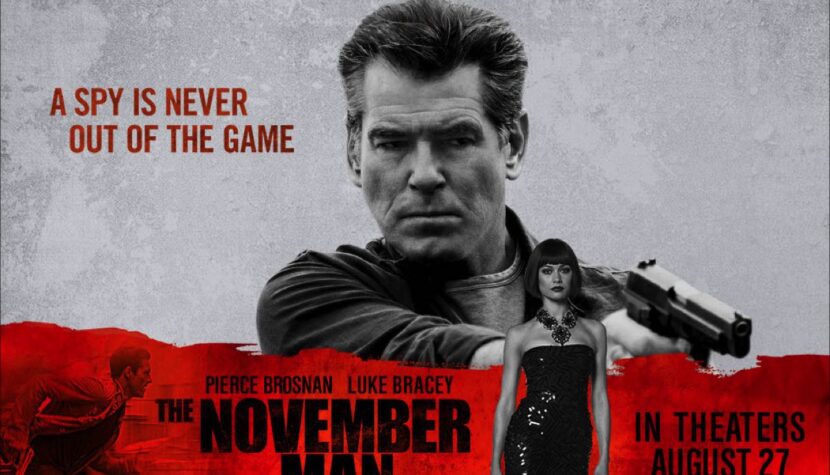
These words, spoken by the main character of the spy thriller The November Man, could also serve as a warning to viewers who, seeing Pierce Brosnan in action again, want to believe that the year 1995 has returned when GoldenEye ruled the cinema screens. No such luck. The former James Bond is in shape, but Roger Donaldson’s new film has problems that even Her Majesty’s Secret Agent cannot solve.
Brosnan plays Peter Devereaux, a former CIA agent recruited for a new mission by his former boss. There is evidence that could destroy the candidate for the Russian presidency – a real villain, it should be added – and Devereaux’s friend, working for the Americans, possesses it. However, the operation ends in failure, leading to the people for whom our hero once worked, hunting him down. His protege, Mason, is particularly hot on his heels – a somewhat impulsive and exceptionally determined young man who still admires his teacher. The November Man
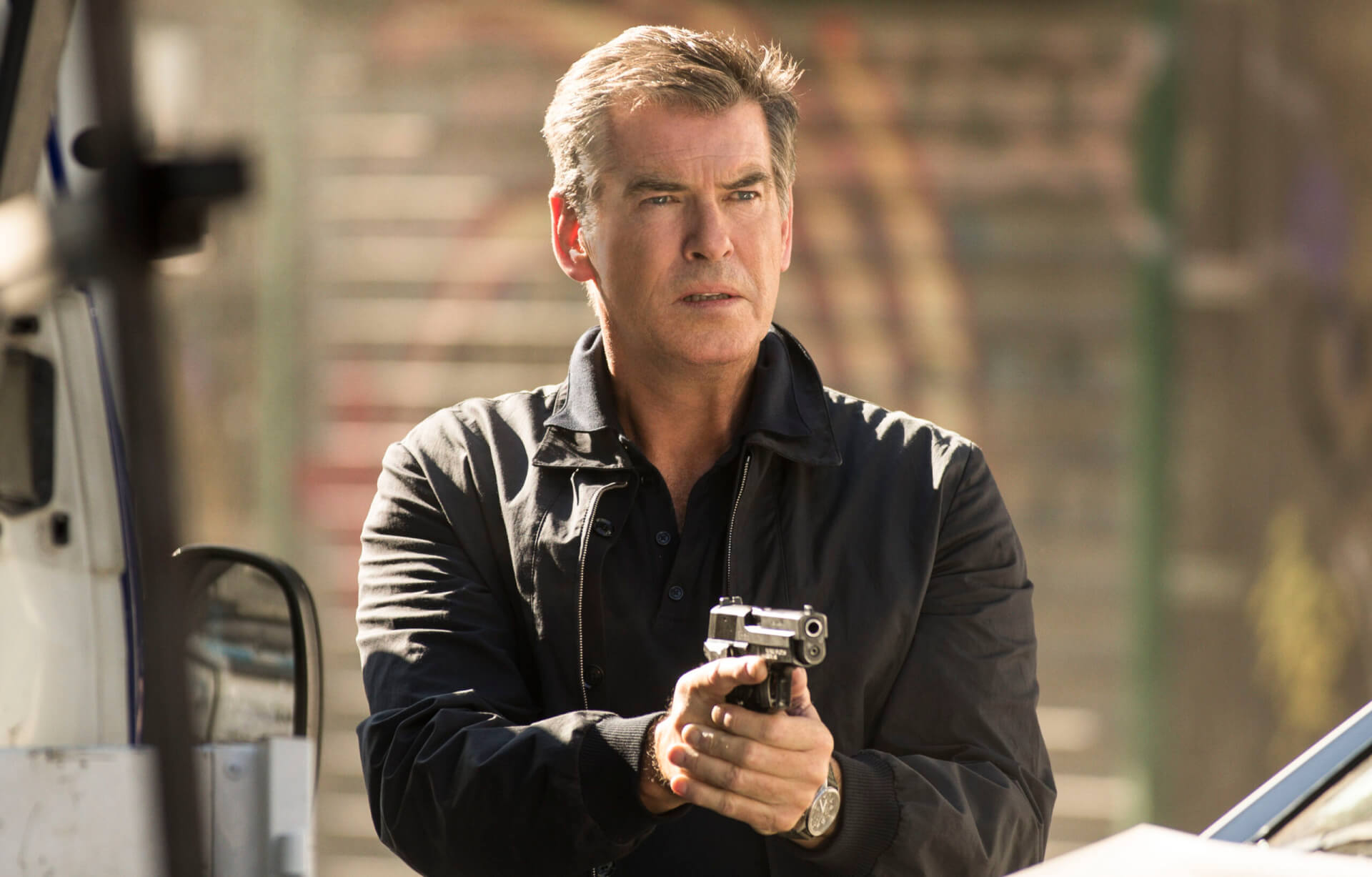
The November Man opens with very good scenes in which the old hand teaches the novice spy craft, but the novice makes a cardinal mistake by accidentally killing a young boy. Later in the thriller, Devereaux asks Mason if he is tormented by guilt and the voices of the dead, but he receives the standard answer – I sleep like a baby. Donaldson and his screenwriters lay a solid foundation for reflections on the nature of a spy. However, both No Way Out and The Recruit, the director’s previous works in this genre, did a better job of breaking out of the mold. Especially the former, thanks to an incredible final twist, turned the whole story upside down, making us ponder the motives of the main character played by Kevin Costner. In The Recruit, we observed tangled mentor-student relationships, but from the perspective of Colin Farrell, who was gaining spy skills.
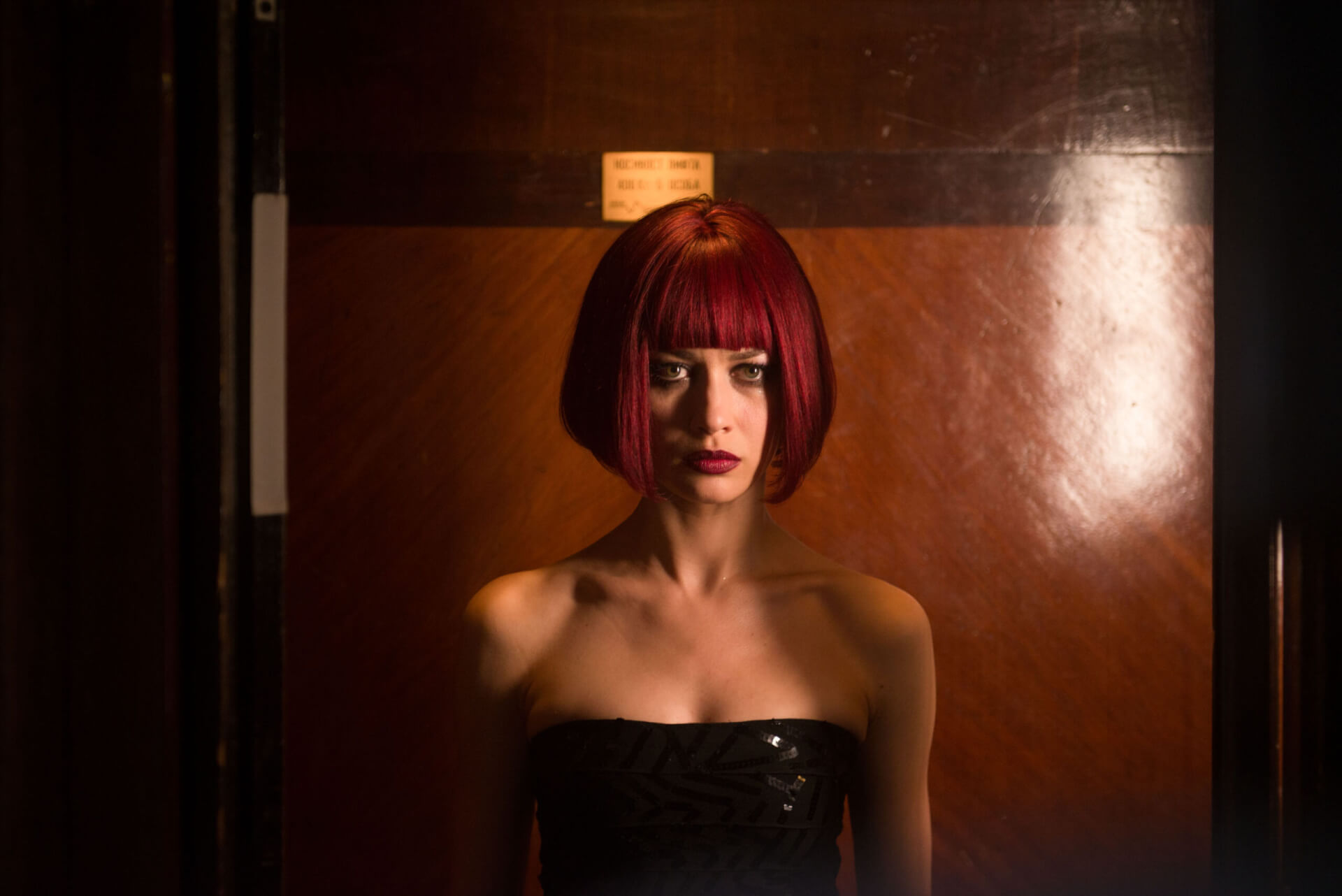
Now the experienced agent is in the spotlight, and Mason, eager to take his place, is in the background. However, Donaldson doesn’t quite know what to do with him. He gives him the aforementioned victim in the form of a boy, gives him a friendly neighbor with a cat with whom he can have a romance, and even gives him a Murakami book on the nightstand to show that, in the break between CIA killings, the guy reads thoughtful prose by a Japanese author – although we never see him reading, so the book may be just a decorative element. The romance with the neighbor ends after one night – in Mason’s defense, not his fault – and the shot child does not appear in flashbacks, so perhaps the young agent is not haunted by guilt after all. He is a weak counterbalance to the main character due to his blandness, camouflaged with attributes that, in his case, mean nothing.
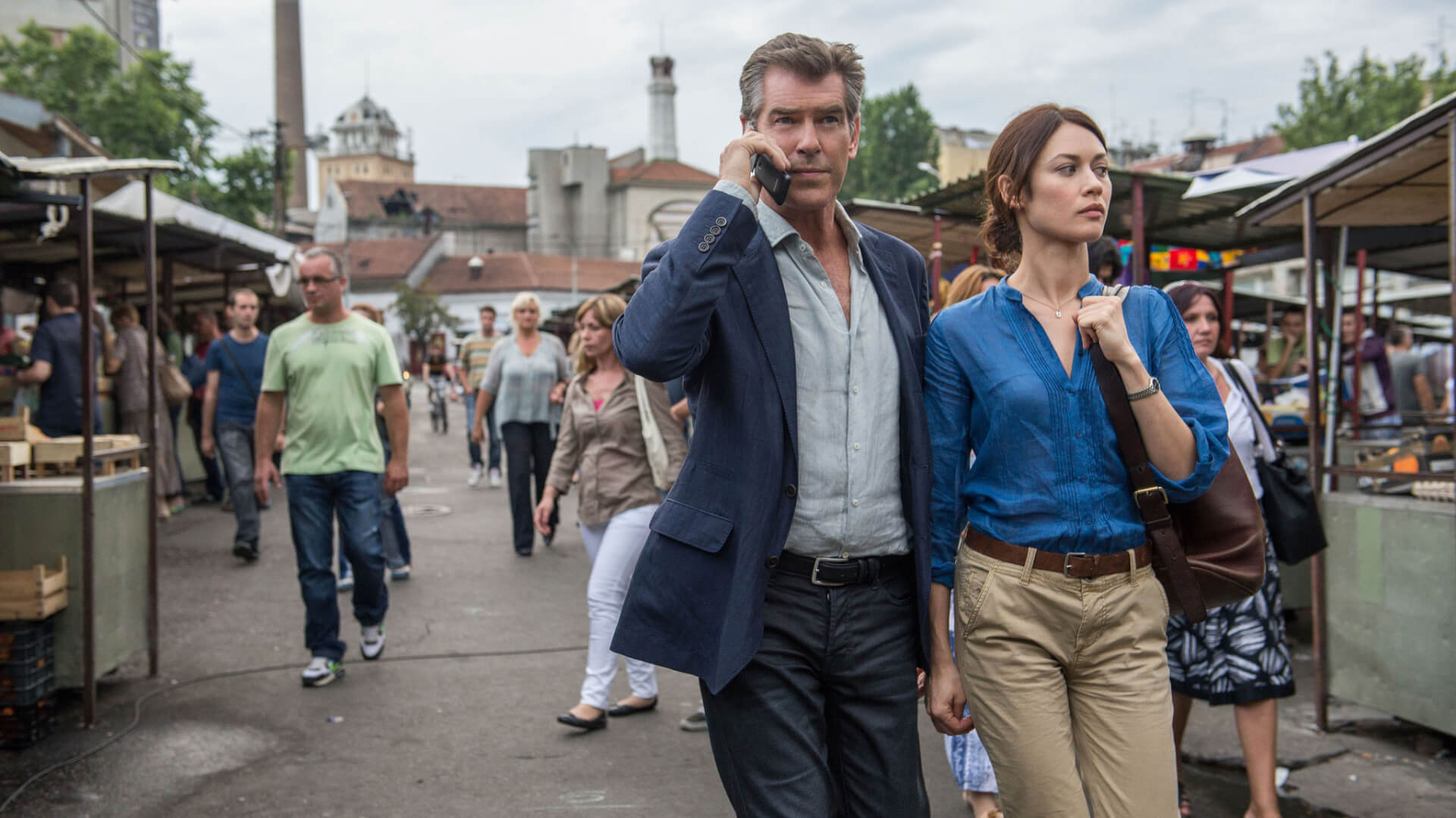
Does Devereaux have anything tormenting him? Probably a lot, judging by the amount of whiskey he drinks. Here is a man who taught others that a good agent is a person without commitments, without a family, not even a girlfriend. Focused and dedicated only to work, listening to orders and executing them without any questions. This is exactly what Mason, trained by him, is like. However, it turns out that Devereaux himself is a poor example of a spy, the kind he promotes among his students. Knowing that one of his romances did not end after one night sheds some light on why the main character has so much determination and determination in fighting the CIA. There are also the bad Russians, although there is always demand for them. So Devereaux fights both with the Russians and with the Americans. Why?

There are two answers. The first is hidden in the plot served by Donaldson – everyone is chasing a beautiful employee of an organization helping victims of wars, who knows the whereabouts of a girl who could harm the candidate for the Russian presidency by revealing his criminal activities during the war in Chechnya. Devereaux thus protects the woman, simultaneously trying to settle scores with his compatriots. There is a desire for revenge, there is also help for the innocent. The scheme is in full swing.
The second answer is a bit ironic. It is revealed at a key moment in The November Man when we learn that the future president of Russia is just a puppet, but he could do a lot of good if revelations about him do not come to light. However, Devereaux does not want changes. He likes the world he lives in. The status quo must be maintained for the hero to remain himself – a cold bastard who prefers to fight the bad guys rather than make deals with them. In this way, the director does not break any patterns; instead, he justifies them. Does this make The November Man a better film? Not necessarily, but it gives the notion that there is an interesting thought in this not very original material, perhaps worth developing.
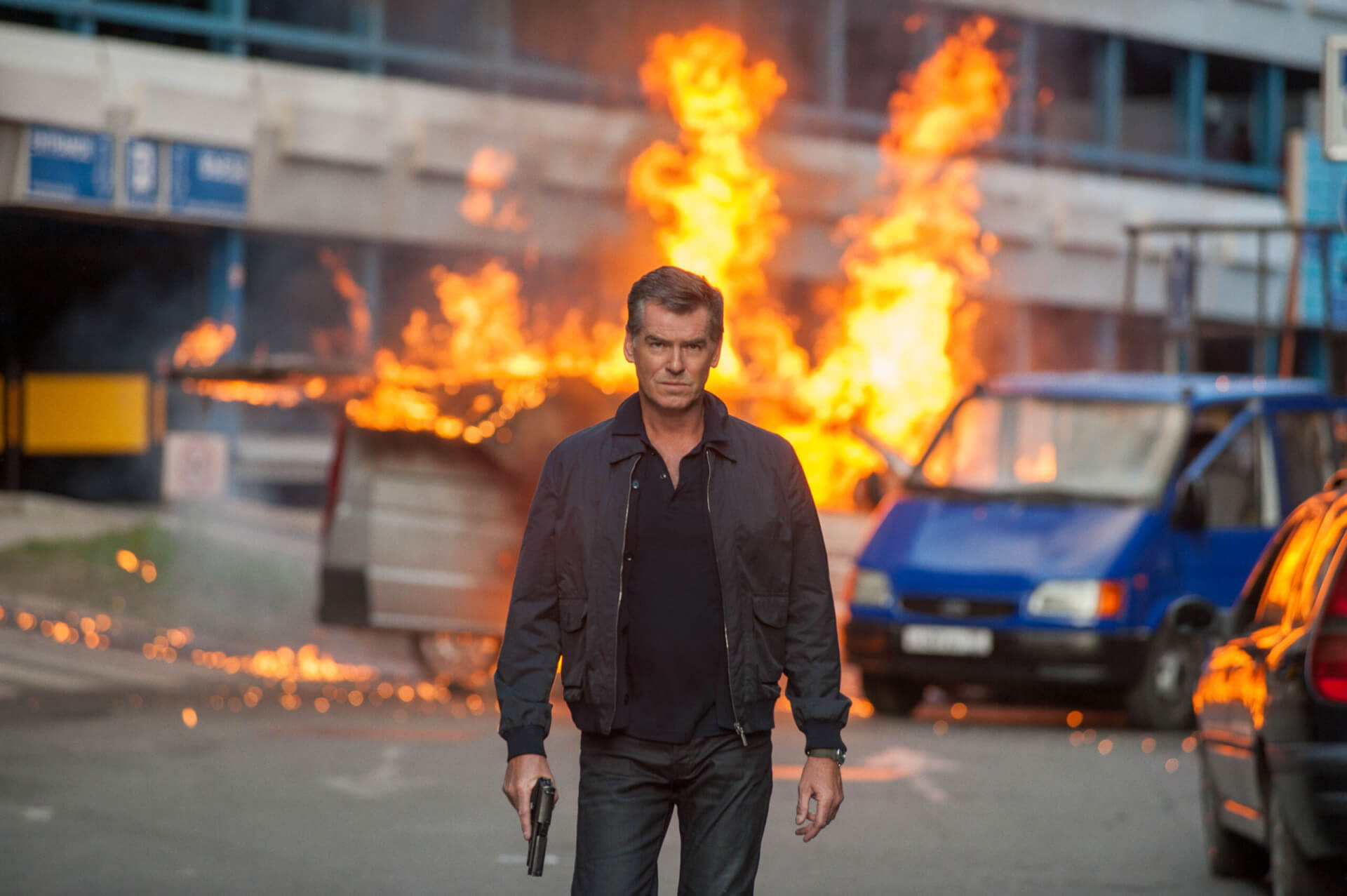
And why such a title? The November Man, because with Devereaux, even the leaves wither. A pun, but strangely fitting for the whole film. The sight of Brosnan in a spy version still brings a lot of joy, even if the material is not groundbreaking.

